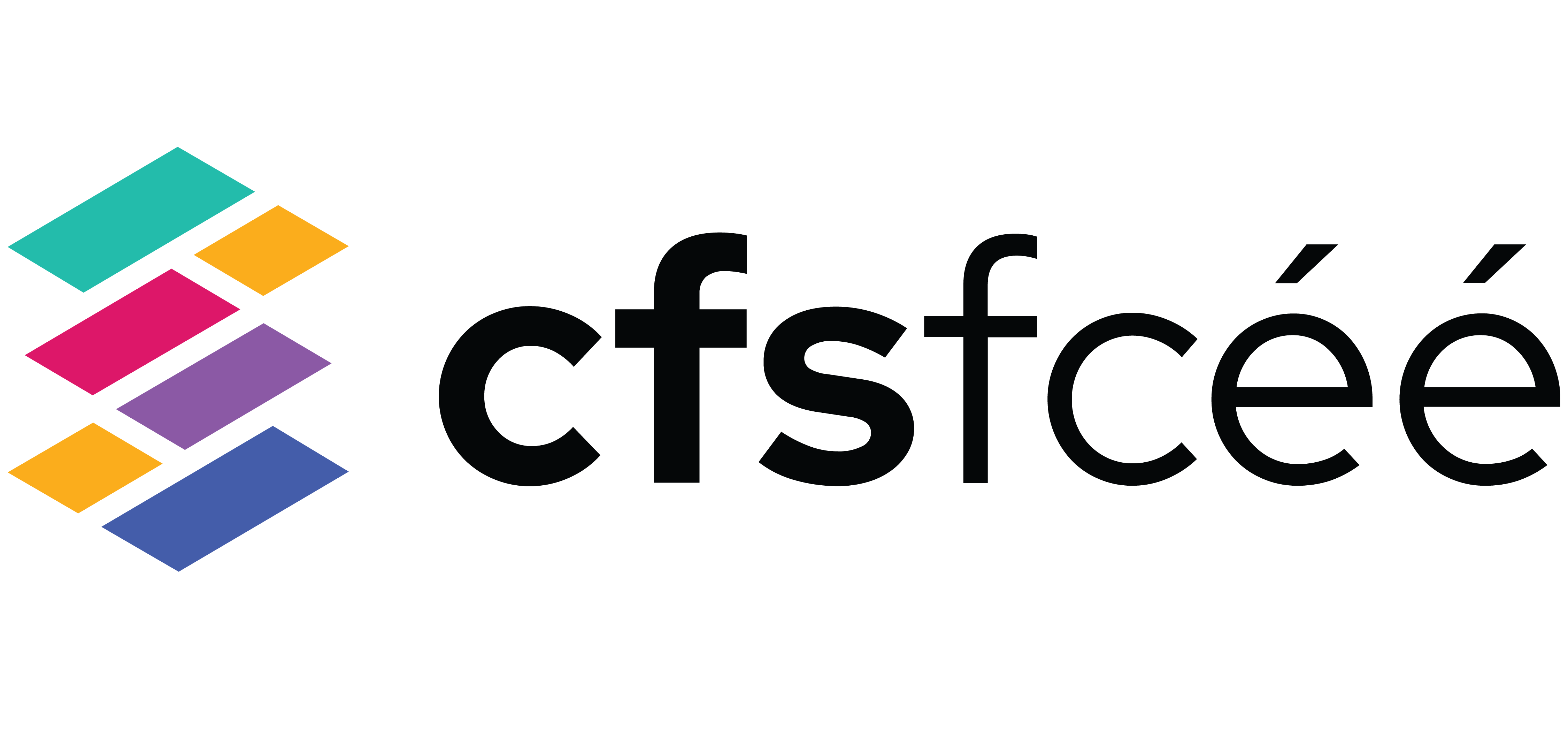TORONTO--The Canadian Federation of Students–Ontario has proposed a regulation for college and university ancillary fees and is calling on the McGuinty government to adopt it quickly. The draft regulation codifies the current prohibition of ancillary fees for tuition-related purposes, such as libraries, information technology and labs. It also sets a clear threshold and process for students' approval of legitimate ancillary fees for purposes such as athletics facilities, campus media organisations, student centres and students' union membership.
On Friday, the two former students who filed a $200 million class action lawsuit against the province's community colleges in June 2007 officially indicated their intention not to appeal the recent dismissal. Following the announcement of the dismissal last month, the Honourable John Milloy, Minister of Training, College and Universities, refused to address the prohibited ancillary fees problem until after the 30-day appeal period which has now expired.
QUOTES
"We want rules governing ancillary fees that are fair, transparent, and actually enforced," said Jen Hassum, Chairperson of the Canadian Federation of Students–Ontario. "Only a formal regulation will protect students from colleges and universities that are charging whatever they think they can get away with."
"Since the McGuinty government took office in 2003, three consecutive Ministers have turned a blind eye while all of the colleges charged prohibited ancillary fees," said Hassum. "Students are expected not to cheat on their exams and assignments. But when the colleges cheat by charging students twice for the same thing, the McGuinty government has not enforced its own rules. A regulation would eliminate any ambiguity about the Minister of Training, Colleges and Universities' obligation to protect students and their families from unfair fees."
QUICK FACTS
-Madam Justice Joan L. Lax of the Ontario Superior Court of Justice dismissed a proposed class action lawsuit against all 24 of Ontario's public colleges on March 28, deciding that the Minister of Training, Colleges and Universities' 'Binding Policy Directive' that prohibits colleges and universities from chagrining tuition-related ancillary fees does not give students the right to sue. Though the directive is binding on the colleges, only the Minister has the power to enforce it.
-Ancillary fees are charged on top of tuition fees. Compulsory ancillary fees for tuition-related purposes have been banned for more than two decades, yet all 24 of the public colleges are charging at least one prohibited ancillary fee.
-The most common type of prohibited ancillary fee being charged is for information technology. For the 2005-2006 academic year, the average annual ancillary fee charged for IT was more than $130-almost 20 per cent of the total average ancillary fees paid by each full-time college student in Ontario.
-Since the 1993-1994 academic year, the Government of Ontario has required each public post-secondary institution in the province to maintain a Compulsory Non-Tuition-Related Ancillary Protocol that must be agreed to by each institution's administration and local students' union(s). Despite the protocols and the Binding Policy Directive that prohibits tuition-related ancillary fees, some colleges have forced students to vote in referenda on prohibited tuition-related ancillary fees.
-According to the Ministry of Training, Colleges and Universities, no ancillary fees are to be increased beyond 1993-1994 levels in the absence of a valid ancillary fee protocol and only non-tuition-related compulsory ancillary fees may be charged. Some universities and colleges do not have protocol agreements with their students' unions or have protocol agreements that are not dated or expired.
-In its submission to the Minister of Finance and the Standing Committee on Finance and Economic Affairs during the 2008 Ontario pre-budget consultations, the Canadian Federation of Students–Ontario recommended that $50 million per year should be allocated to replace the revenue colleges are generating through the collection of prohibited ancillary fees.
-With a projected surplus of $600 million, the McGuinty government can afford to adequately fund colleges and universities to eliminate any need for prohibited ancillary fees.
-Between the 1995-1996 and 2003-2004 academic years, Ontario colleges reported a near 240 per cent increase in revenue generated from ancillary fees. According to the latest data available, in 2005-2006, average annual ancillary fees had risen to just over $670 per full-time college student. Ancillary fees represent approximately 23 per cent of the overall fees that each full-time college student paid in 2005-2006. Data for university students is more up-to-date. Full-time Ontario undergraduate university students each paid $729 in ancillary fees, on average, in 2006-2007. That amount is equal to 12 per cent of the overall fees university students were charged.
The Canadian Federation of Students–Ontario unites over 300,000 college and university students and more than 35 students' unions throughout the province.
Share
